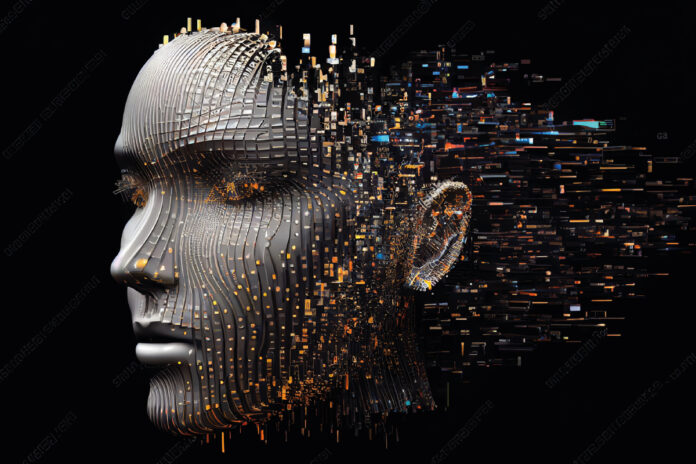While AI can perform many tasks, it cannot replace the human experience of creativity and emotion, at least not yet
Imagine if drugs were sold without being tested on people first. There would be chaos in the world. Putting out ChatGPT and Generative AI visual tools before they are ready is like putting out magic drugs before they are ready.
Artificial Intelligence (AI) is not something very new. It has always been there since 30–35 years as machine learning, and how to code on computers It’s not made up. It’s true, for decades it’s been real human ability and the programmers have been making computer learn.
AI is the idea that machines can remember the information they have scanned. When you think about it, there is nothing fake about it. Humans are the ones who taught computers how to be intelligent, who gave computers the ability to remember things and to do things. They use the information they have and do what the maker tells them to do. So, artificial intelligence is not one of those things that only exists in stories, which are going to replace people’s brains. It’s like God made people, and then people made computers. Just like we can’t beat what God made, computers will never be smarter than people.
Having said that, this fear comes from the idea that AI will take all of our work and replace our intelligence and creativity. It’s like having a baby early or putting out a product without trying it first. Everyone knows what AI can do and what the latest AI is doing. They also know how it might affect people today. Machine learning has been doing this for years. It’s right now normal people are starting to realise that artificial intelligence are just machines trying to help them have a better life, and don’t know how to use the new tools to improve their lives.
From the point of view of the marketers, they are having trouble getting it. With these new tools, what can they do? Can they make a lot of content? Can they make hyper-personalised services ? Or can they take the place of intelligent people? Or creativity in people? And can it get rid of restrictions on the talent pool? So, I’m curious about how all this technology can be put to use. Self-portraits and pictures of the dead are no longer as interesting as they used to be. By serving personalised material, cutting down on data, or figuring out how people act, you can make your media buying and targeting much more accurate and personal. It’s already been there. Nothing new has happened. You might be able to do that with AI tools, but right now that’s just a promise.
I think that people who work in technology, marketing, and advertising should all get together, and then start thinking about how to use these tools to make better relationships with people, and build better emotional equity.
But the new AI tools have to go through a test. It must answer the customers’ questions before we start practising. There are a lot of ways to make a business experience more emotional, such as making the material more unique and interactive. No one could have thought that all of this could be done on such a large scale. What is needed are the brains and creativity of people.
At last, I would say that AI and generative tools of today are like kids born too early. We can’t expect them to make a big difference in your life. In the years to come, as we care for these babies, they will get better and stronger, and use their smarts to make the world a better place. Only then will we be able to find a purpose.
KV Sridhar is the Global Chief Creative Officer at Nihilent Limited and Founder of Hypercollective, a company that offers innovative solutions for digital transformation, data analytics, and customer experience. With over 44 years of experience in the marketing, advertising, and technology industries, he is a creative leader who works at the intersection of creativity and technology. He is the bestselling author of “30 second Thrillers”.


